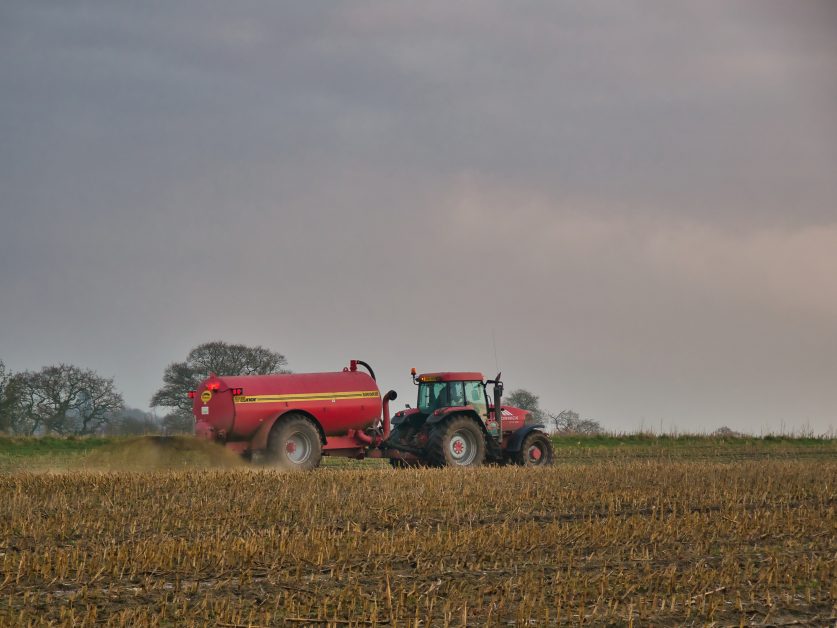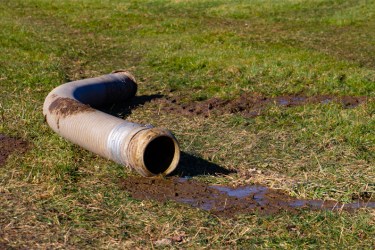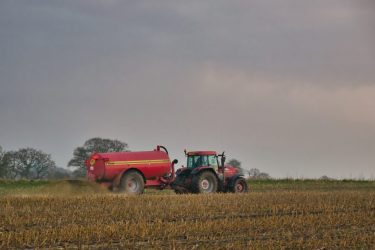[For a 2024 update on this subject, see our “new rules” CoAP 2024 article]
Nitrate Vulnerable Zones (NVZs) are areas containing surface water or groundwater that is susceptible to nitrate pollution from agricultural activities. In Wales, the Welsh Government is responsible for maintaining and improving the quality of its aquatic environment and carries out a review of NVZs every four years.
NVZ measures began in Wales in April 2021. Some elements have been introduced in transitional periods. The latest of these came into force on January 1st , 2023, with more to come in August 2024. If you farm in Wales, here’s a summary of what you should have in place and what will happen going forward.
Requirements from 2021
Since April 2021, to comply with NVZ regulations you will have been using the following practices:
- Storing your silage in compliance with Welsh Government regulations
- Notifying Natural Resources Wales (NRW) 14 days before construction or change to any slurry storage or silage pits
- Controlling the spreading of nitrogen fertiliser at high-risk times and in vulnerable areas
- Ensuring that organic manures are incorporated into bare soils or stubble within 24 hours of application
- Observing the following closed periods for application of artificial fertiliser:
| Grassland | 15th September – 15th January |
| Tillage land | 1st September – 15th January |
New NVZ rules for 2023
On January 1st, 2023 the following additional requirements for NVZs came into place in Wales. To comply, you must:
- Create and keep risk maps
- Store organic manure (other than slurry) in compliance with Welsh Government regulations, with heaps stored on farmyards under cover or in temporary field sites
- Create Nutrient Management Plans, and record all applications
- Restrict nutrient applications to official crop limits
- Keep records of all imports and exports of manure
Note that consultation is currently taking place regarding a proposal for nitrogen limits (whole holding and field limits) to be increased from 170kg N/Ha to 250kg N/ha. The new limit will be confirmed by April 2023.
What is coming in 2024?
From August 1st, 2024, closed periods for spreading nitrogen fertiliser (slurry and other organic manures) will be implemented. In addition, the storage capacity of your slurry must be adequate for at least 5 months of storage.
Closed-period dates will depend on soil types and land categories.
For sandy/shallow soils
| Grassland | 1st September – 31st December |
| Tillage land | 1st August – 31st December |
For other soils
| Grassland | 15th October – 15th January |
| Tillage land | 1st October – 31st January |
Speak to us about NVZs
All of this may sound daunting and suggests potentially expensive alterations to your farm and business. However, with some careful planning and timely advice you can create clear and achievable routes forward that will future-proof your farm, which don’t have to be disruptive, and don’t have to incur heavy capital outlay or costs.
To discuss your possible NVZ strategies, and how to achieve them, please call me on 07815 475875, or email me at geraint.may@genusplc.com, or contact our head office on 01270 616800 to be put in touch with your local Promar specialist. You can contact us via the Promar website too.
We’ll visit you for an initial consultation and assessment, at no obligation, to suggest the most cost-effective ways for you to achieve the objectives that suit you.
Water resources regulations in full
For full details of the regulations governing NVZs, please see The Water Resources (Control of Agricultural Pollution) (Wales) Regulations 2021: guidance for farmers and land managers document, available on the Welsh government website.






